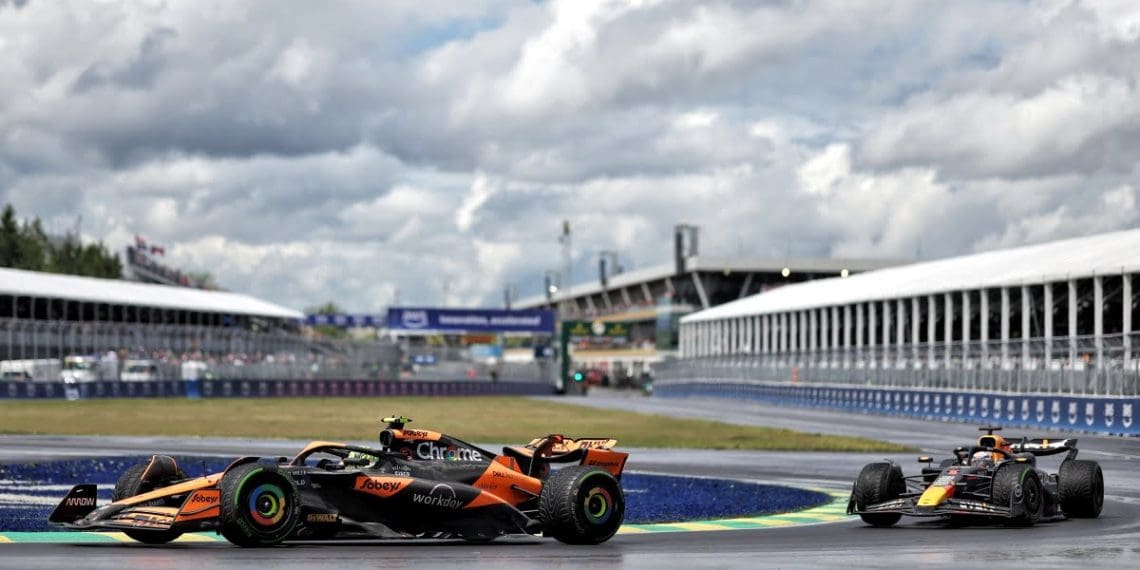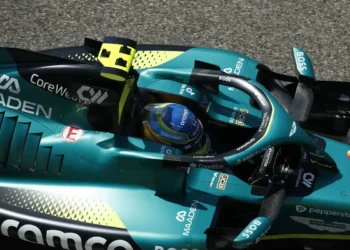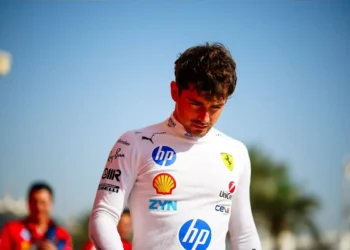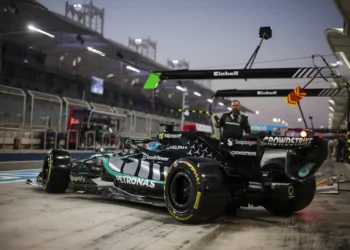Lando Norris, British driver for McLaren, believes that the narrow defeat in the Canadian Grand Prix highlights the team’s need for small improvements to surpass Red Bull in Formula 1. Norris took advantage of the recent developments in Miami to secure his first victory in F1 and then closely chased Max Verstappen’s Red Bull in Imola. In Montreal, Norris built a seven-second lead in unstable weather conditions, but an unfortunate pit stop call caused him to lose the race lead. Recognizing McLaren’s mistake, Norris defends the team, stating that the decision to pit during the Safety Car seemed simpler in hindsight. He emphasizes that the difference between McLaren and Red Bull in terms of race execution is not significant, but rather a matter of split-second decision-making and understanding. The decision in Montreal was challenging due to the unpredictable weather, making it difficult to determine the best course of action. Norris admits that there were areas where McLaren could have performed better, such as opting to make the pit stop, but also highlights other factors, such as evolving weather conditions, that influenced the decision. Ultimately, Norris emphasizes that the decision was complex, with little time to assess whether it would rain enough to justify staying on the track.
Norris argued that the exaggerated reaction to McLaren wasting a potential victory was excessive, highlighting that the team excels in several aspects compared to its competitors. He believes that, although there are moments when their weaknesses are exposed and they could have performed better, other teams also made mistakes and McLaren surpassed them in certain areas. However, Norris acknowledged that McLaren needs to adapt to intensified pressure at the front and improve their collective performance to challenge Red Bull. He admitted that mentality and pressure change when fighting for top positions, but emphasized that only small adjustments and experience are needed to make better decisions. McLaren conducted a complete review of their processes after the incident in Canada, but substantial changes are not necessary. Norris mentioned the need for better communication and feedback, but overall, he is satisfied with the team’s work ethic and confident that they will make better decisions in the future.










